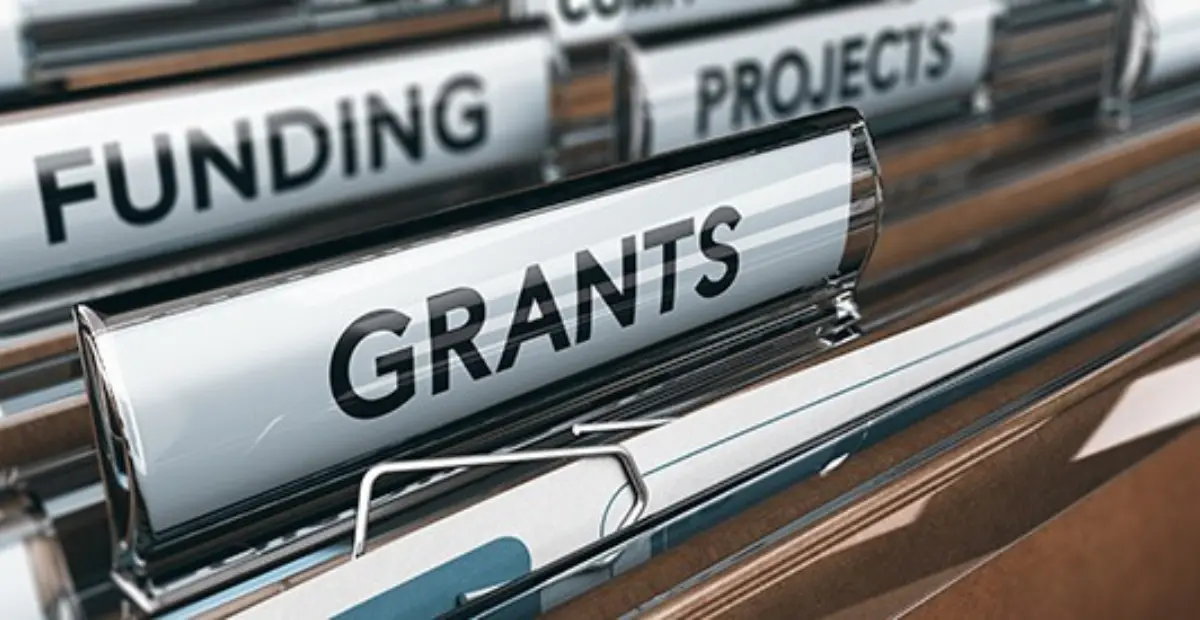Educators can be incredibly creative when it comes to learning activities. The ideas that flow from passionate teachers can have some significant impacts on education. The KIPP program is one of those ideas, as is 826 National out of California. The Freedom Writers Foundation is another group that developed from one teacher’s desire to make her students better readers and writers. Other than driven by passionate educators, these programs have one other thing in common – their initial funding came from the teachers themselves.
It may be shocking for some to hear this, but it is not uncommon. In a recent study, it was discovered that over 94% of teachers dip into their own funds for school supplies. Schools have been hit hard in recent years by budget cuts, making it even more difficult for school districts to fund programs to help students. Fortunately other sources exist, offered by government entities and non-profits.
Grants are available to help schools fill the gaps in their budgets, allowing them to maintain existing programs or establish new ones. They are widely available to fund an array of programs, but they are not easy to obtain. As money dries up from state and federal governments, there is more and more competition for grants. With competition being as high as it is, there are a few things you should consider:
- Give yourself time to write the grant: The entity giving the grant requires an application. Every application is different. Ensure you do not miss anything on the form by giving yourself ample time to fill out everything.
- Search at every level: Educational grants are available at the community level, right up to the federal level. Many grants go unclaimed from year to year because no one applies for them. There are grants from businesses and non-profits as well. Doing a deep search on the internet can turn up a variety of resources.
- Know the requirements: The resources distributed by a grant typically are required to be used for a specific goal. Having a plan in place to achieve that goal is just as important as filling out the application properly. Sometimes the grant requires the details of the plan as part of the application.
- State your case: Details matter when you are making your case for funding. The more data you have that can support your case, the better the chances you have at winning the resources you need. Gather as many relevant statistics as you can. One reason Kids Read Now can help so many schools is the data we provide the district. That data includes books read and growth of readers over time.
- Do some homework: There are many resources out there that will help you fill out grants. You can find examples of well-written grants online, take classes in grant writing, or even hire a professional to write a grant for you. All of these avenues are available to help you get the extra money you need for new programs.




